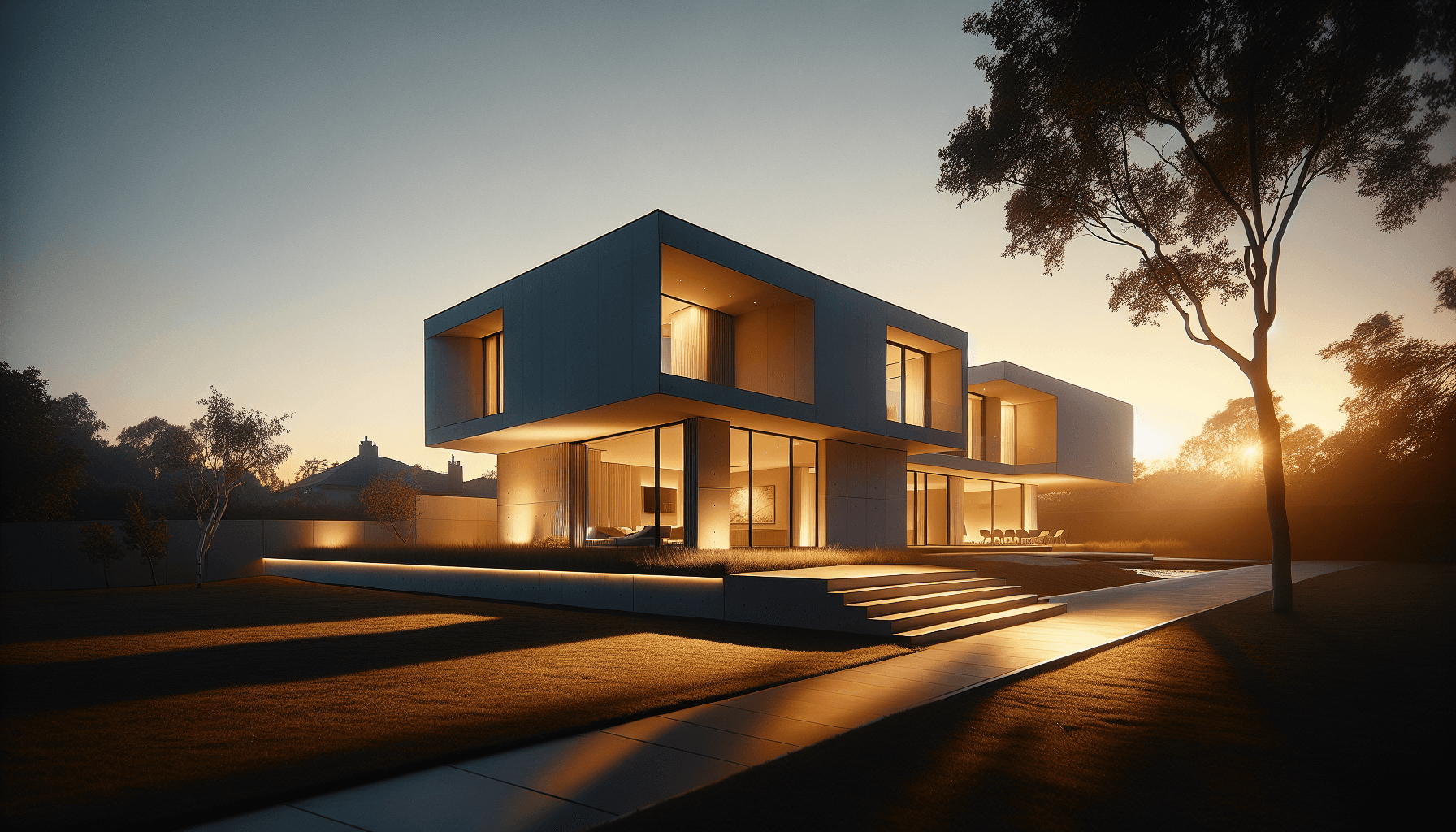What is a Design Type in Real Estate Property Classification?
I love discussing real estate fundamentals, and design types are something that impact every property transaction. Whether you're buying your first home or investing in commercial real estate, understanding design types will save you time and money.
Design Type: A category that describes the intended purpose and function of a building, such as residential, commercial, or industrial. Design types help identify how a property was meant to be used and often determine what activities can legally take place within the structure.
Major Categories of Design Types
The real estate world splits design types into three main categories. Let's break them down:
Residential Design Types
Your home sweet home falls into this category. Residential properties include:
Single-family homes - standalone houses on individual lots
Multi-family buildings - apartment complexes and duplexes
Condominiums and townhouses - shared-wall properties with individual ownership
Mobile homes - manufactured housing units
Commercial Design Types
These properties generate income through business operations:
Office buildings - from small professional suites to skyscrapers
Retail spaces - shopping centers, standalone stores, and malls
Hotels and hospitality - lodging and entertainment venues
Mixed-use developments - combining residential and commercial spaces
Industrial Design Types
The workhorses of real estate include:
Manufacturing facilities - production and assembly plants
Warehouses - storage and distribution centers
Research and development facilities - laboratories and testing centers
Distribution centers - logistics hubs for product movement
Impact of Design Type on Property Usage
Your property's design type affects what you can and can't do with it. Local zoning laws set strict rules about permitted activities within each design type. For example, you can't open a manufacturing plant in a residential zone, or turn your retail store into apartments without proper approvals.
Building codes vary by design type too. A warehouse needs different safety features than an apartment building. These requirements protect occupants and maintain property values throughout the neighborhood.
Design Type Considerations for Property Owners
Owning different design types comes with unique responsibilities:
Property Values: Design type influences market value and potential buyers Insurance Requirements: Different uses need specific coverage types Maintenance Needs: Commercial properties often need more frequent upkeep Tax Structure: Your design type affects property tax rates and deductions
Common Challenges and Solutions
Property owners often face these design type issues:
Zoning Violations: Operating businesses in residential zones Design Restrictions: Limited modification options for historic properties Renovation Limits: Structural constraints affecting updates Use Changes: Complex approval process for switching design types
Design Types and Investment Strategy
Smart investors analyze design types before buying. They consider:
Current market demand for each design type
Potential rental income and appreciation
Risk factors specific to each category
Options for future property development
Modern Trends in Design Types
Real estate keeps evolving. Popular trends include:
Mixed-use buildings combining shops and apartments
Home offices and live-work spaces
Old factories becoming trendy lofts
Green building features across all design types
Making Informed Decisions
Before committing to a property:
Research local zoning laws thoroughly
Consult real estate experts about restrictions
Review all property documents carefully
Consider your long-term plans for the space
The Bottom Line on Design Types
Design types shape how we use properties and affect their value. They guide development, protect neighborhoods, and create organized communities. Whether you're buying or selling, the design type influences every aspect of real estate ownership.
Ready to find a property that matches your needs? Contact Bellhaven Real Estate for expert guidance in selecting the perfect design type for your goals.

